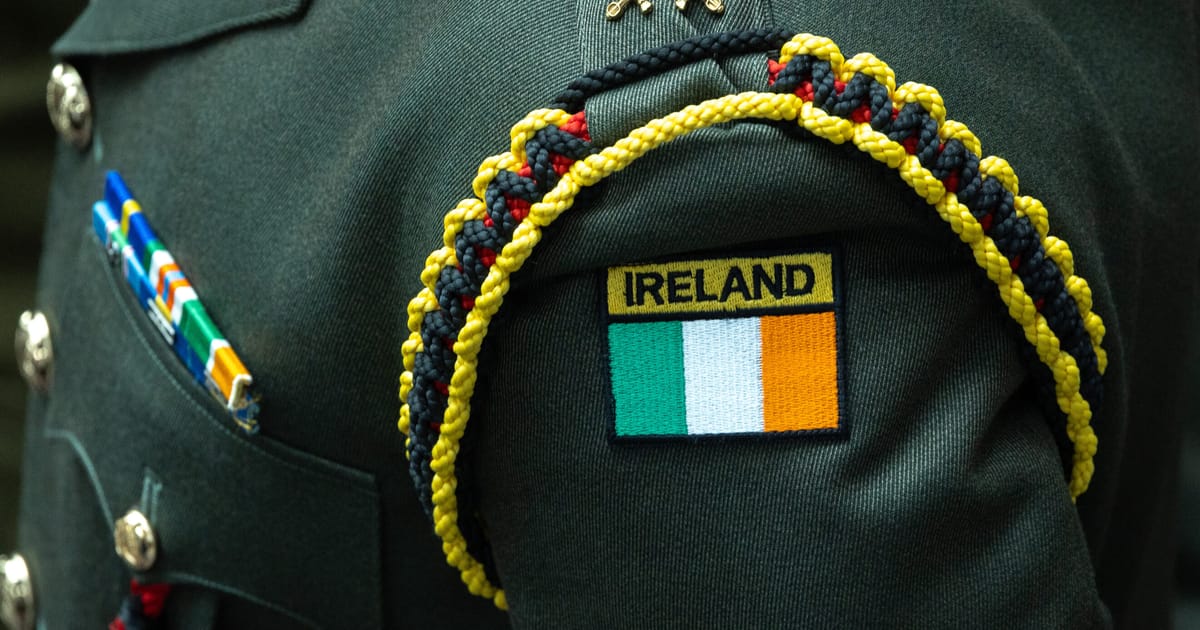The case for a defense union rests on two inconvenient but undeniable truths. First, geography — not history — is destiny.
Ireland and Britain share an island archipelago, as well as a free travel area. Despite Brexit, there remains no physical border between Southern and Northern Ireland. And the country has long prioritized maintaining its common travel zone with Britain over potentially joining the EU’s Schengen area.
The current reality is that British jets already respond to threats in Irish airspace with the Irish government’s approval, and it’s the British Navy that hunts Russian threats in Irish waters. But Irish sovereignty would be better protected through structured partnership — one along the lines of the Belgian and Dutch naval forces — than through the kind of cheapskate dependence that currently exists.
Second, the U.K. has what Ireland simply refuses to provide: fighters, frigates, satellites, cyber infrastructure and institutional depth. France and Germany lack both proximity and capability to consistently patrol the Irish Sea and North Atlantic. Continental European forces can’t scramble from nearby airfields or deploy from Ireland-adjacent ports on short notice.
 Catherine Connolly romped home with nearly 65 percent of the vote. | Niall Carson/PA Images via Getty Images
Catherine Connolly romped home with nearly 65 percent of the vote. | Niall Carson/PA Images via Getty Images
The framework I’m talking about is rather simple: Joint Anglo-Irish responsibility for air policing and maritime surveillance in Irish zones, with Irish participation in joint command, training and procurement mechanisms. Ireland would also invest in complementary capabilities like patrol vessels, intelligence, cyber defense and infrastructure protection. And no Ireland-based British bases would be necessary; forward deployment and joint operation centers would suffice.
Speaking more broadly, a formal Anglo-Irish agreement would also embed Britain in EU defense policy. A key objective in Brussels, considering the ongoing war in Ukraine and the uncertainty over future U.S. support. Such a union would intertwine the security objectives of London, Washington and the EU, and could also be narrowly tailored to placate the perennially disgruntled French.

